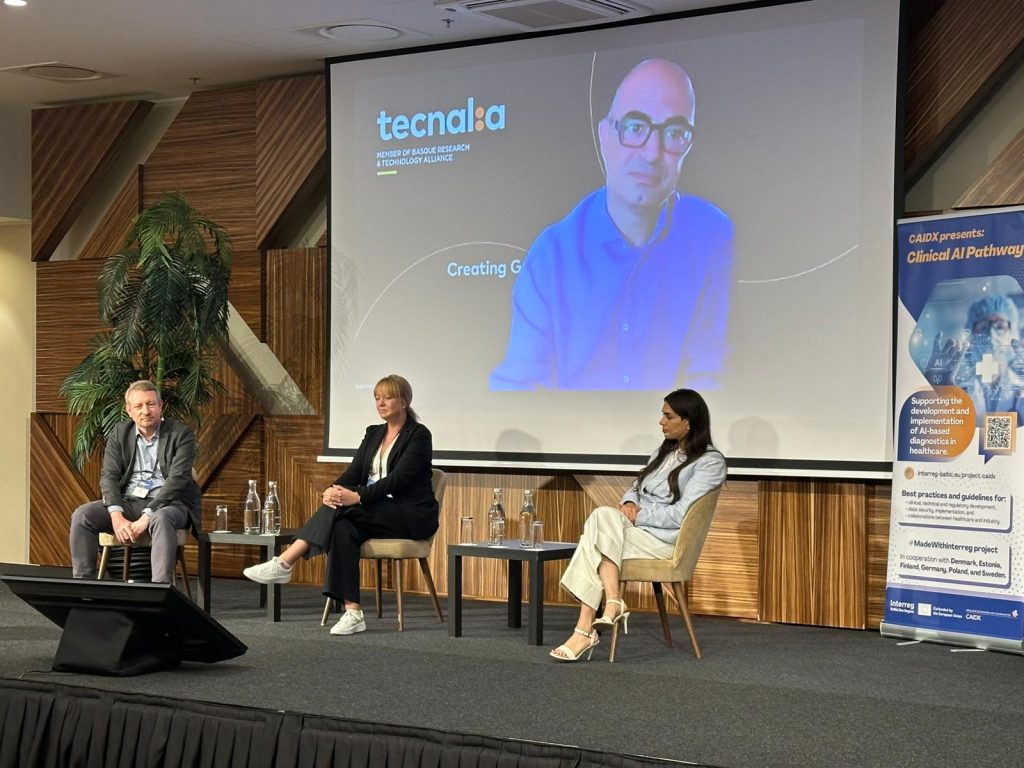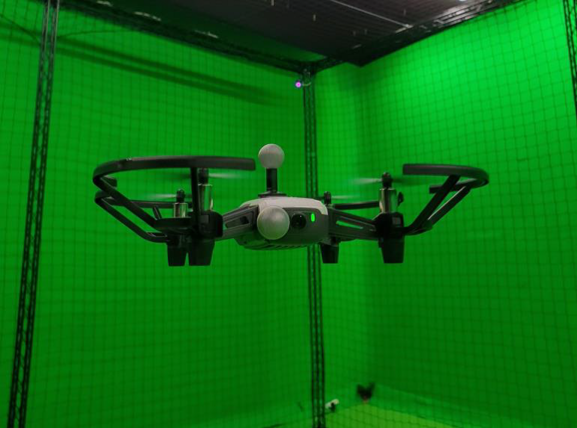
News
News
5 March 2019

The economic and social impact are the two main lines that divide the benefits of R&D and innovation in artificial intelligence
On Monday, 4th March, the President of the Government and the Minister for Science, Innovation and Universities presented the Spanish Artificial Intelligence R&D&I Strategy in Granada.
Javier del Ser, member of the working group that has developed the strategy and Head of several lines of applied research in artificial intelligence at TECNALIA, establishes six important priorities; he also highlights the need to reinforce the strategic alignment in artificial intelligence of the R&D and innovation policies in Spain with the EU and its Framework Programme.
Applied research in artificial intelligence seeks, among other things, the development of a smart industry: a major advance in fields that include smart operation and maintenance, through advanced management and the analysis of bulk data from the operation and maintenance of industry's assets to improve their operating performance.
There is a significant impact on Industry 4.0 and the field of energy and the environment: advanced robotics, high performance architectures for the deployment of advanced intelligence methods, smart prediction and mobility management systems, as well as the impact of artificial intelligence on energy sustainability are the challenges of the revolution 4.0.
R&D and innovation play an important role in artificial intelligence in relation to cybersecurity. Investment in defence systems based on machine learning present a positive economic result.
The Strategy establishes a series of goals for R&D and innovation in artificial intelligence in the public administration, education, smart cities and health. It has a great deal of potential in "4P Medicine" (predictive, personalised, preventive and participative), as well as in the hybridisation of digital construction technologies (BIM) with artificial intelligence in the smart cities sector.
We are carrying out applied research in the main areas set out in the strategy, in terms of collaboration and technology transfer with driving companies and in terms of knowledge generation in alliances such as the Joint Research Lab (JRL) along with the UPV/EHU and BCAM. This latter joint laboratory, led by Javier del Ser, also has important international alliances and collaboration.
For more information, click on the following link.